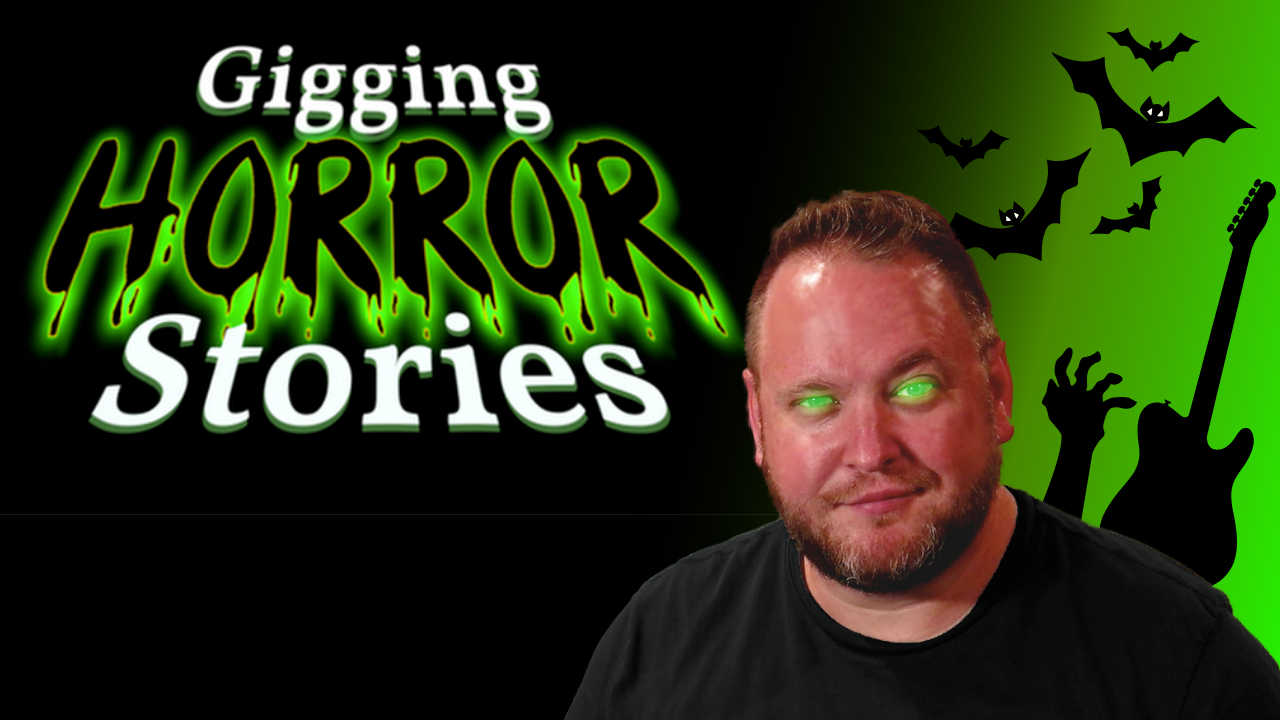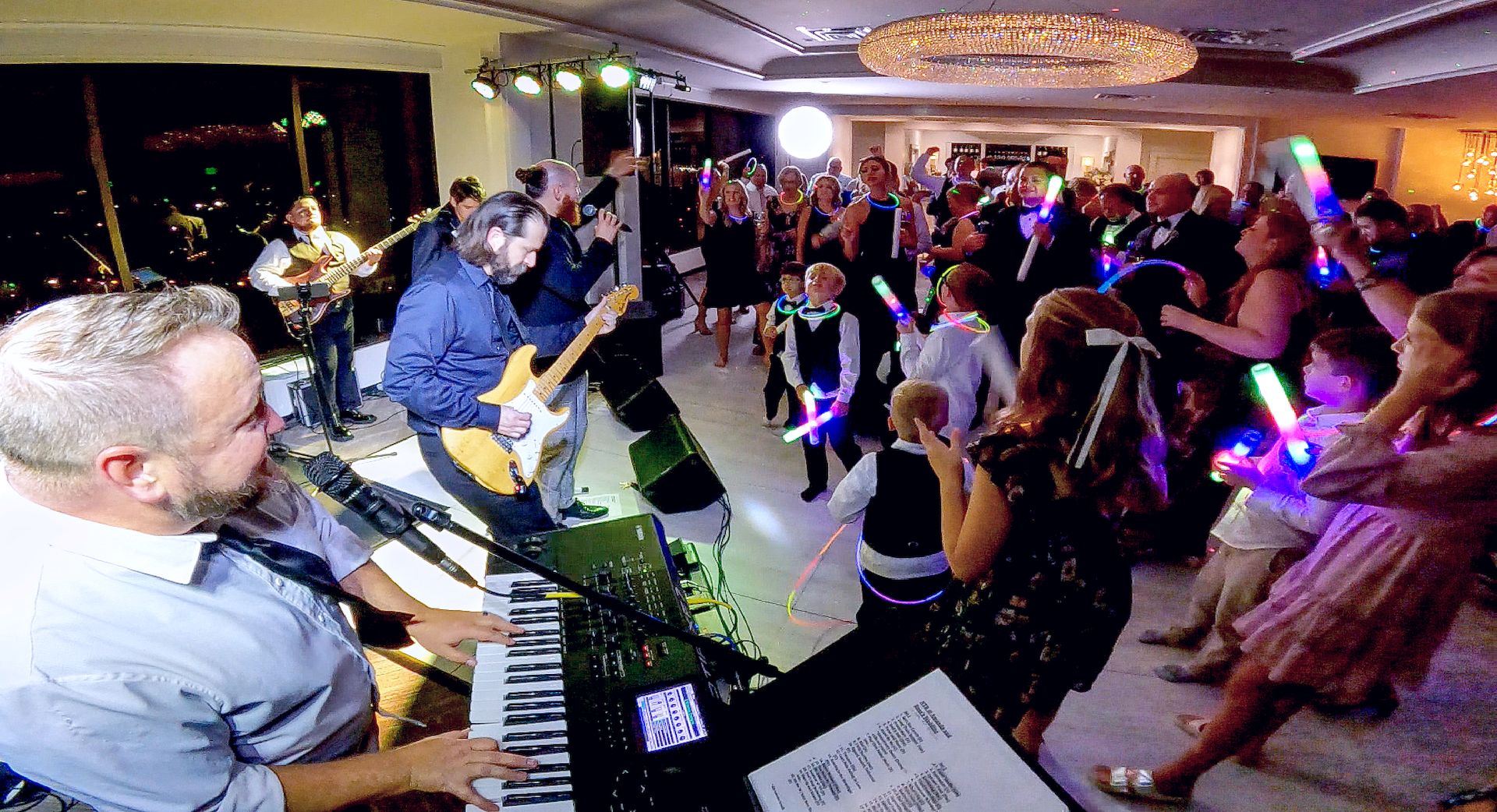👻 Gigging HORROR STORIES

If you are a musician or performer who gigs regularly, you've probably faced your fair share of unexpected challenges during live shows. It's a rite of passage in the world of entertainment, and how you handle these setbacks can define you as a professional and artist.
What To Do When Something Goes Wrong
First and foremost, when something goes wrong during a live performance, it's crucial to stay calm. Panic can easily spread through an entire band, but maintaining composure is the first step in dealing with the issue effectively. The show must go on, and your audience will be more forgiving than you might think.
- One of the most common mishaps is technical difficulties. A broken guitar string, a noisy cable, the lights not working, or maybe a mixer getting fried. In such cases, it's wise to have a backup plan. Learn to bring spare instruments, cables, and any essential gear, because one day, you may need it.
(I personally bring an extra keyboard with some pre-planned sounds whenever my gig is further than an hour away from home. I used to say that I've never actually needed it, but I didn't want to be unprepared if it ever does happen. That changed this year when I had an instance of my main keyboard producing no sound at a gig!) - Sound problems are another common issue. Distorted audio, feedback, or a failed sound system can quickly disrupt a gig. In these situations, communicate with your sound engineer or the venue's tech staff as calmly and clearly as possible. They're there to help, and they'll appreciate your professionalism in addressing the issue. How often have you played a gig where the venue loses power?
- For vocalists, losing your voice can be terrifying. If your voice starts to falter, just take a minute to sip some water, and maybe even talk with the crowd while you do. It's very likely that while you feel that you are struggling, your crowd probably hasn't even noticed.
I once saw the Eagles in concert. Glen Frey (RIP) spoke to the audience about how he was fighting a cold and that he would try to make it through the show. Honestly, had he not said anything, most of the audience would have been none the wiser and they sounded amazing.
Ultimately, the key to handling gig horror stories is to remember that live performances are dynamic and unpredictable. Mistakes and technical glitches are part of the territory. What sets seasoned performers apart is their ability to adapt and maintain professionalism under pressure. Audiences often remember how you recover from mishaps more than the mishaps themselves.
Check out some of these fun (or maybe not-so fun) gigging horror stories ...
Do YOU have a Gigging Horror Story?
SHARE IT HERE ⬇︎
Final Thoughts
Gigging horror stories are a common experience for musicians and performers.
They test our ability to adapt and keep our show going.
Just learn to prepare for the unexpected with backup plans, maintain your composure, and remember that your show's success is not defined by the absence of mishaps, but by your ability to handle them with grace and professionalism.
Be the Performer You Are Meant to Be!
Join us to start performing with confidence, purpose, and fun... one email at a time.
When you signup, you will get regular email updates with free content and product offers.




